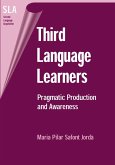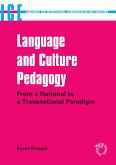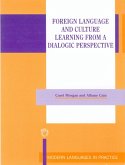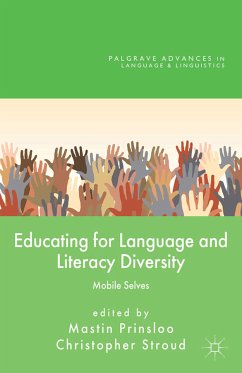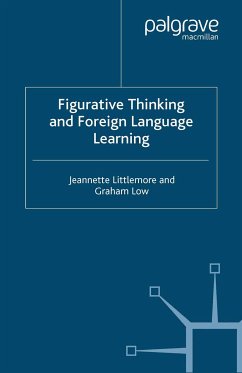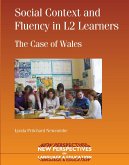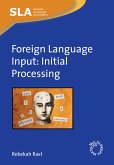The book addresses upper elementary English language learners who have a fairly good knowledge of spoken and written English, have demonstrated knowledge of phonemic awareness, phonics, decoding and word recognition, yet are struggling with academic English literacy. Throughout the book, the authors continuously argue that planning and delivering instruction to these students must be based on the ELL's existing competencies, prior knowledge and experiences. Classroom curriculum and instruction must provide opportunities for helping ELL learners to build and extend skills, knowledge and processes. And, the highly complex process of language learning and literacy development calls for multifaceted instructional approaches. The book is divided into eight chapters providing specific information on the diversity of ELLs and providing examples, models and strategies to move them beyond the transition in English reading and writing.
Dieser Download kann aus rechtlichen Gründen nur mit Rechnungsadresse in A, D ausgeliefert werden.



